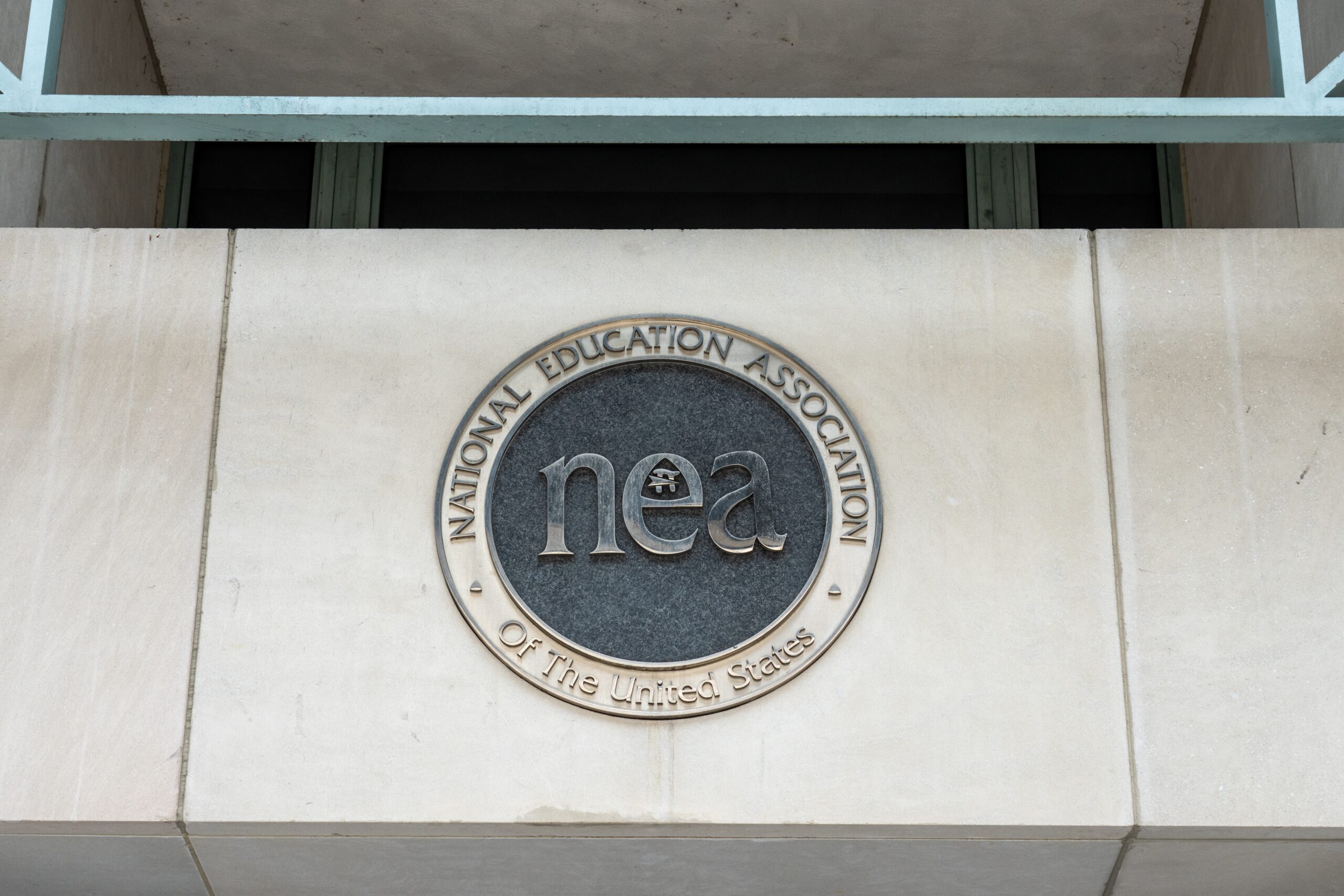As next week’s presidential election approaches, teachers across the country should take a moment to consider how unions have been spending their hard-earned money in this time of heightened political division. Teachers unions like the National Education Association (NEA) and the American Federation of Teachers (AFT) are actively engaging in political activities, taking from teachers’ paychecks to influence election outcomes.
The NEA, with over 2.8 million members, allocates a considerable portion of its resources toward political action. In the 2022-2023 fiscal year, over $50 million was directed to political activities. This funding goes almost exclusively to left-wing candidates and organizations. So far in the 2024 election cycle, 98.96% of NEA’s contributions have gone to Democrats, totaling $3,098,592. Republicans have received just $32,599, or 1.04% of NEA’s election spending.
The AFT has been similarly active. With over 1.7 million members, AFT has taken a prominent role in politics in recent years. During the 2022-2023 fiscal year, the second largest teachers union in the country spent $46.9 million on political activities. Like the NEA, AFT gave primarily to left-wing causes and candidates. So far in the current election cycle, 99.90% of AFT’s contributions have gone to Democrats, totaling $2,556,843. Republicans have received just $2,523, or 0.10% of AFT’s election spending.
Teachers in swing states such as Pennsylvania should be particularly aware of where unions are spending their dues. During the 2022-2023 fiscal year, the Pennsylvania State Education Association (PSEA), representing over 175,000 Pennsylvania teachers, spent $5.02 million on politics. This spending went primarily to progressive causes. PSEA is also an affiliate of the NEA, which means a portion of Pennsylvania teachers dues are also spent on politics by the national union.
As the election approaches, the political maneuvers by teachers unions are a testament to their role as powerful political entities, shaping not only education policy but also the broader political landscape. Teachers should be aware of the ways their unions spend on politics, and use this information to evaluate whether to resign their union membership and stop funding their union’s political activities.
If you’re a teacher and would like to stop funding your union’s political activities, fill out our opt-out form here.
